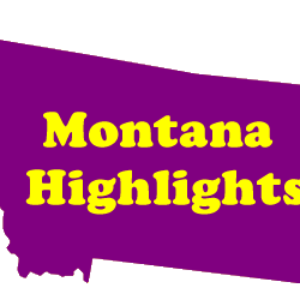Commercial
Montana Rail
Link/Kirby Construction, 505 N 24th St, Com Fence/Roof/Siding, $21,000
Stone, Randolph
D/Justin Jawort Construction, 1018 2nd Ave N, Com Fence/Roof/Siding, $3,000
Montana Rescue
Mission/Bradford Roof Management Inc, 2902 Minnesota Ave, Com
Fence/Roof/Siding, $46,600
Dan Palmer/Wood
Framed Building, 1832 King Ave W, Com New Office/Bank, $0
TGC LP/Hulteng,
Inc., 1127 S 31st St W, Com New Warehouse/Storage, $982,026
TGC LP/Hulteng,
Inc., 1127 S 31st St W, Com New Warehouse/Storage, $360,076
TGC LP/Hulteng,
Inc., 1127 S 31st St W, Com New Warehouse/Storage, $420,089
TGC LP/Hulteng,
Inc., 1127 S 31st St W, Com New Warehouse/Storage, $324,069
TGC LP/Hulteng,
Inc., 1127 S 31st St W, Com New Warehouse/Storage, $360,076
TGC LP/Hulteng,
Inc., 1127 S 31st St W, Com New Warehouse/Storage, $252,053
TGC LP/Hulteng,
Inc., 1127 S 31st St W, Com New Warehouse/Storage, $420,089
School District No 2/Star Service, Inc., 1315
Lewis Ave, Com Remodel, $95,000
Carol
Brosovich/Yellowstone Basin Construction, 1231 N 27th St, Com Remodel, $92,625
Stockman Bank Of
Montana/Hardy Construction Co., 402 N 28th St, Com Remodel, $40,000
Plaza Office
Building LLC/Artisan Builders, 1629 Avenue D, Com Remodel, $200,000
Billings Heights
VFW Post 677/Blackfoot Communications Inc, 618 Winemiller Ln, Com Remodel, $14,500
Dan Palmer/Neumann Construction, 1832 King Ave W, Com Remodel – Change In Use, $1,700,000 Johnson, Bob/Infinity Roofing & Siding Inc, 1650 Inverness Dr, Com
Residential
Tyrel
Martin/Martin Built Home Llc, 2722 Hanover Cir, Res New Single Family, $266,397
Wells Built Homes
Inc./Wells Built Inc., 6051 Canyonwoods Dr, Res New Single Family, $418,697
Langford, Leroy
& Lee/Aaron Higginbotham, 1010 Yellowstone Ave, Res New Two Family,
$518,904
NA/McCall
Development, 6026 Elysian Rd, Res New Two Family, $259,243
Wells Built
Homes, Inc/Wells Built Inc., 4210 Arrowwood Dr, Res Plan Revision, $5,450
Sponsor the Building Permits on our website and print editions? Call 406-259-2309 and ask for Dennis



